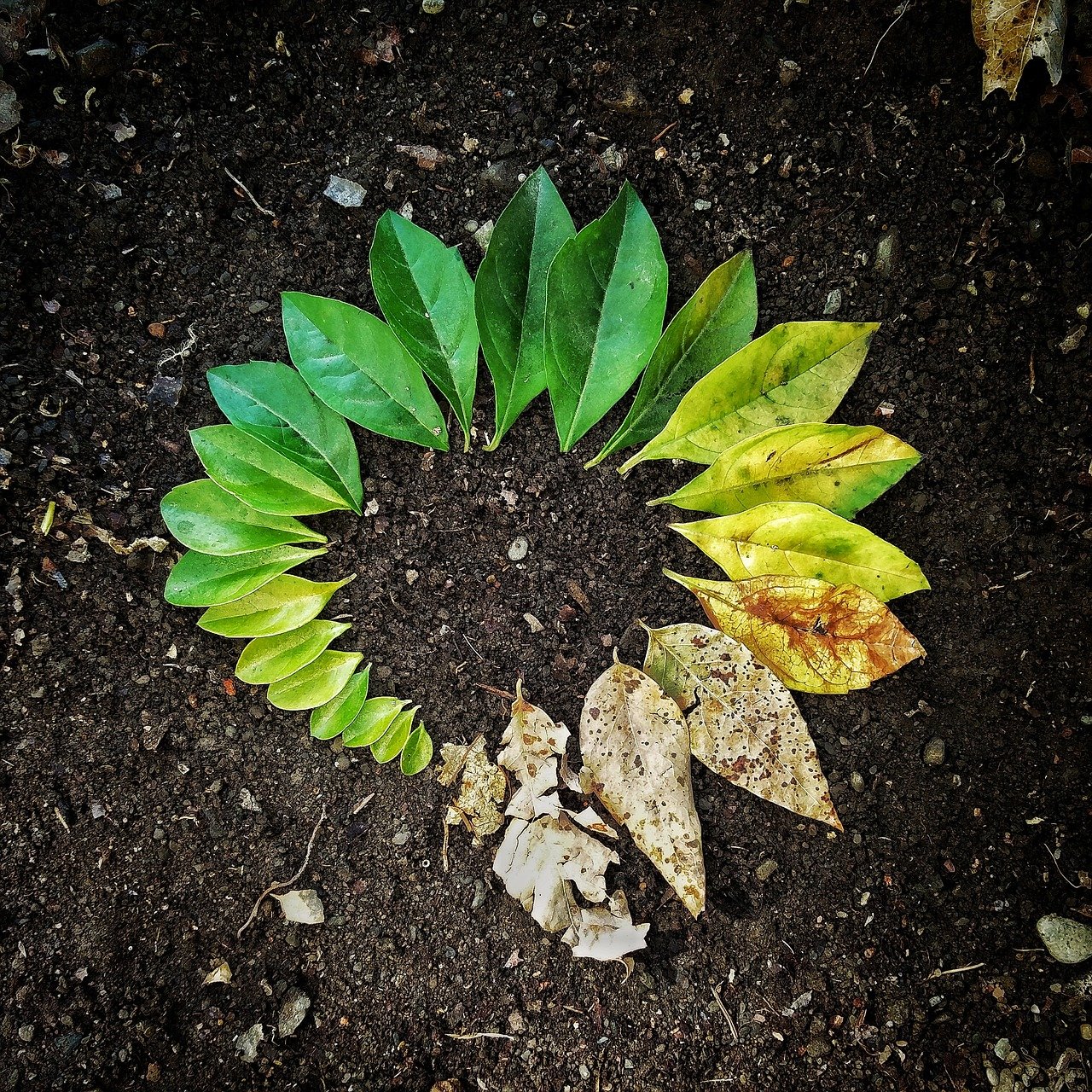
Sustainability Toolbox
Task 18 Team
-

Dr Richard Thackray
University of Sheffield
-
Dr Lucy Smith
Materials Processing Institute
-

Dr Edis Glogic
University of Sheffield
-

Grey Bell
University of Sheffield
Introduction
There is significant interest in the reuse of by-products or waste materials. Valorisation of these materials is key to supporting a circular economy, and are clearly a priority of the steel industry, but many challenges regarding feasibility remain and the direct environmental benefits (or even negative effects) must be calculated to ensure that process changes improve both the bottom line and the environment, including CO2 reduction.
Task 18 is designed to achieve two goals. Firstly, sustainability assessments (environmental, economic and social) of various scenarios and strategies relating to the use and reuse of waste and by product streams in the steel industry. Secondly to deliver a licensed toolbox of resources for sustainability assessment to allow users to quantify the benefits and efficiencies of products and processes easily and accurately.
Impact goals
Completion of LCA and TEA of waste and reuse strategies will provide invaluable information about the environmental and economic feasibility of such strategies and will create alternative value streams for UK steelmakers.
The delivery of a validated toolbox that steelmakers can use for sustainability assessment of products and processes has the potential to be invaluable with respect to future policy and global sustainability investment.
It is anticipated that this work will produce a wide range of published papers, conference attendance and other dissemination opportunities, especially around outreach and public perception activities.
Progress to Date
The first results of environmental assessments of a number of reuse and recycling scenarios that have been previously identified are now available and consist of useful new insights. Data collection for these scenarios continues to be a priority and challenge, but also a useful observation. Life cycle assessment (LCA) of zinc and iron recovery from iron and steelmaking dust, shows environmental impact bottlenecks within the process design and identifies the conditions in which the new de-zincing technology is most favourably applied. Two projects with Liberty steel have focussed on isolating the effect of ferroalloy use on the overall environmental footprint of electric steelmaking operations. Three steel grades were evaluated in this study, and it was possible to quantify that the source of alloying elements has a major influence on the environmental impact of the resulting steel, with certain ferroalloys having a much greater effect on global warming potential and cumulative energy use than others within the steel grades studied. It is hoped that this work will allow Liberty steel to clearly identify the benefits of using alternative raw materials in their recipes. Some progress has also been made with regard to an LCA on CCU of blast furnace gas via electroreduction. The current hypothetical nature of this case study remains a significant challenge, but progress has been made in organising ideas and narrowing down on more specific tasks.
Alongside these technical projects, Task 18 were successful in bringing sustainability assessment discussion closer to the industrial partners and colleagues within the SUSTAIN community. In addition to the aforementioned collaborations and communication Task 18 also held an LCA workshop in November, which provided an overview of LCA to non-practitioners and generated some excellent discussion about data collection and requirements for LCA activities. The aim was to improve understanding of how industrial ecology tools, and LCA in particular, can be applied to their projects and how to develop thinking with sustainability and life cycle practice in mind.

